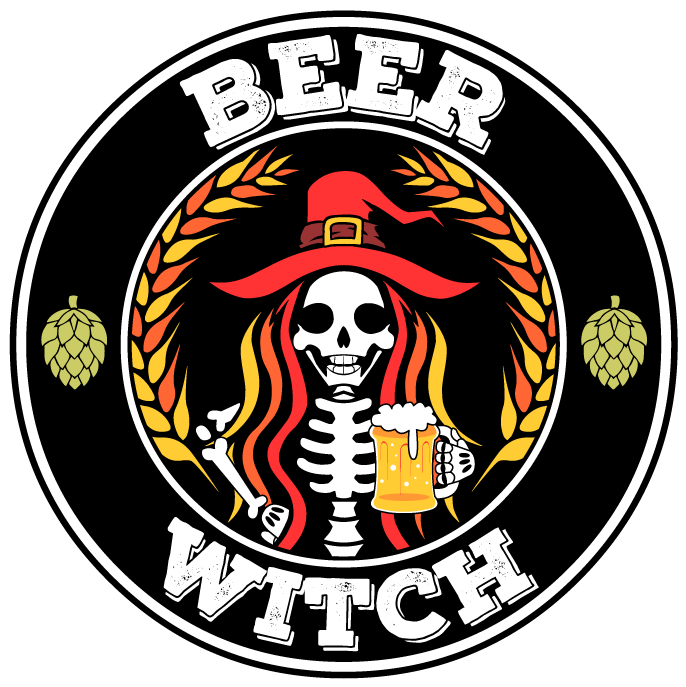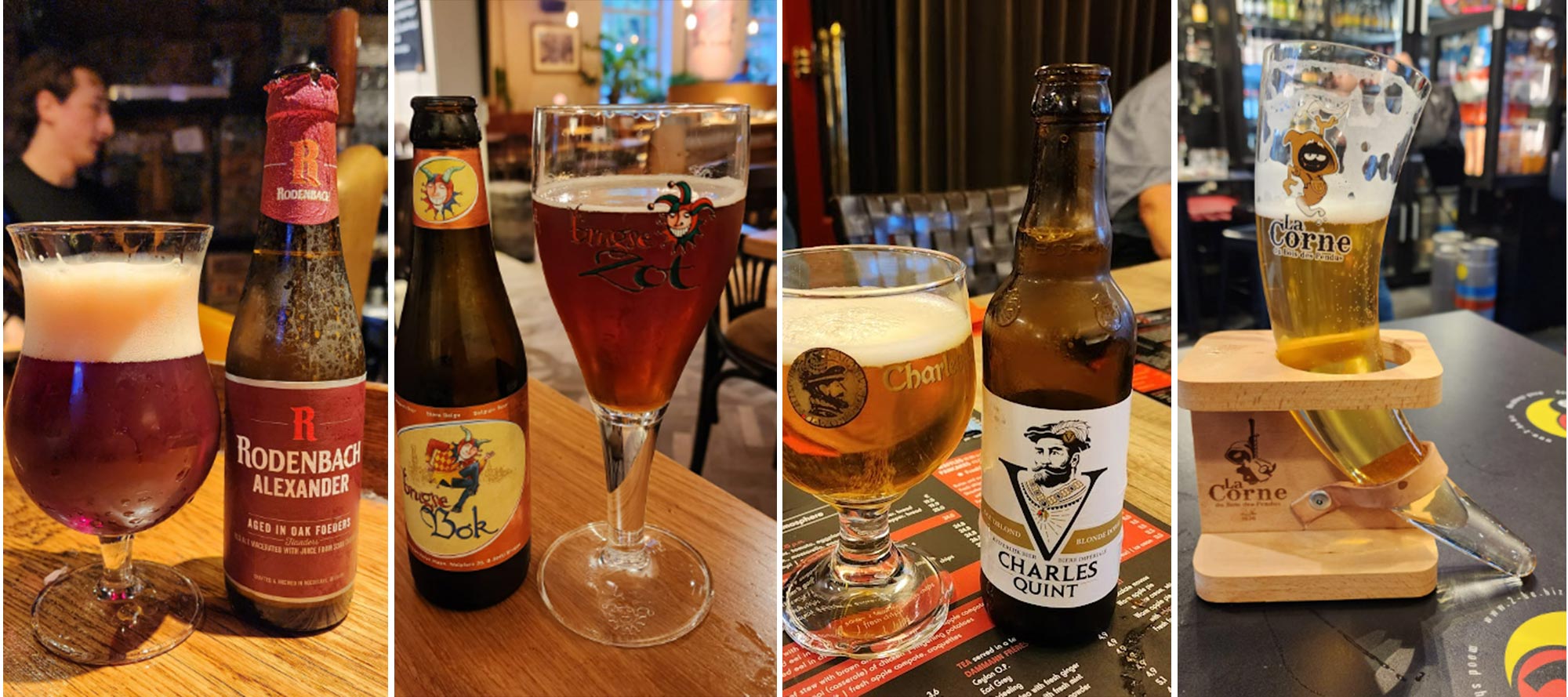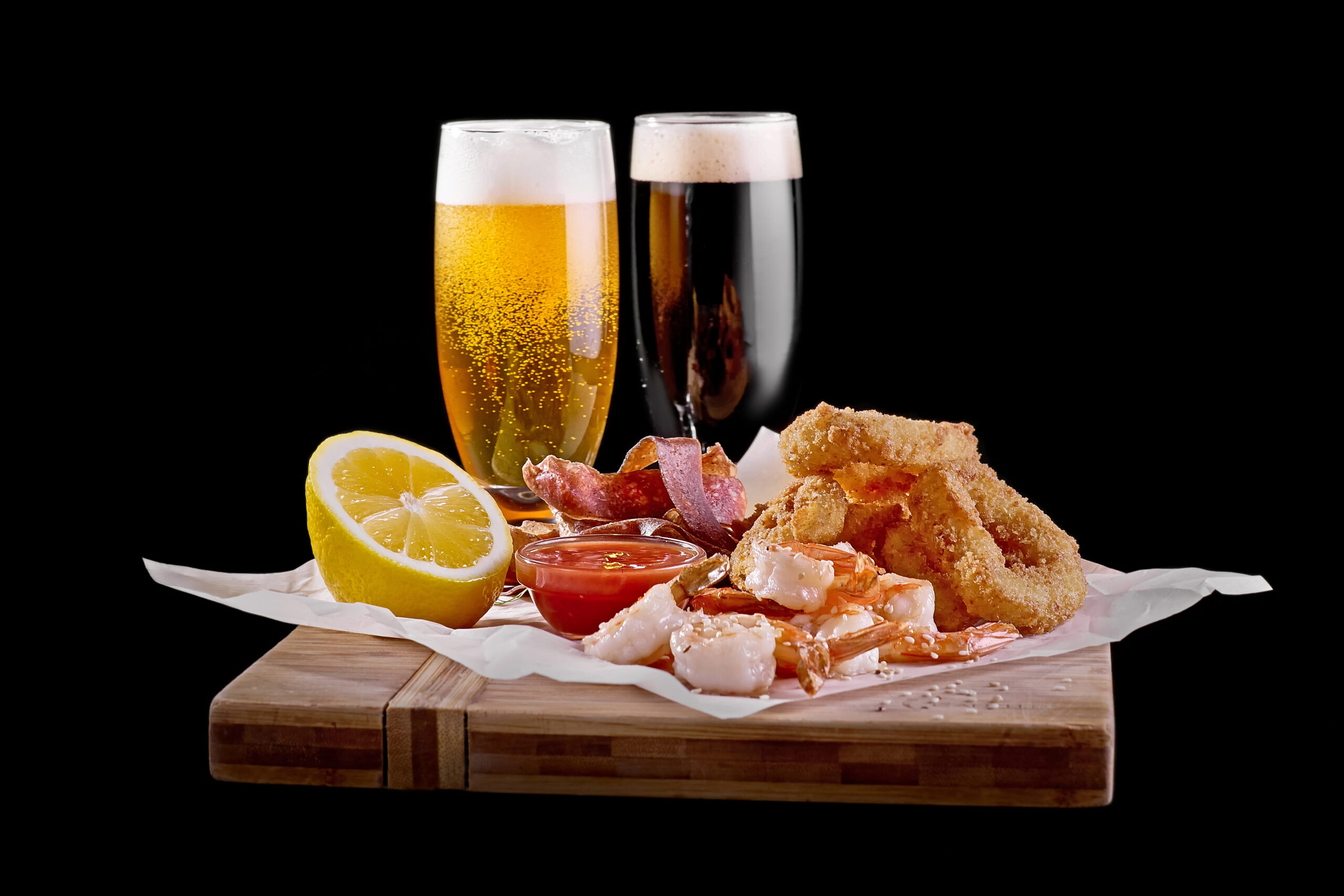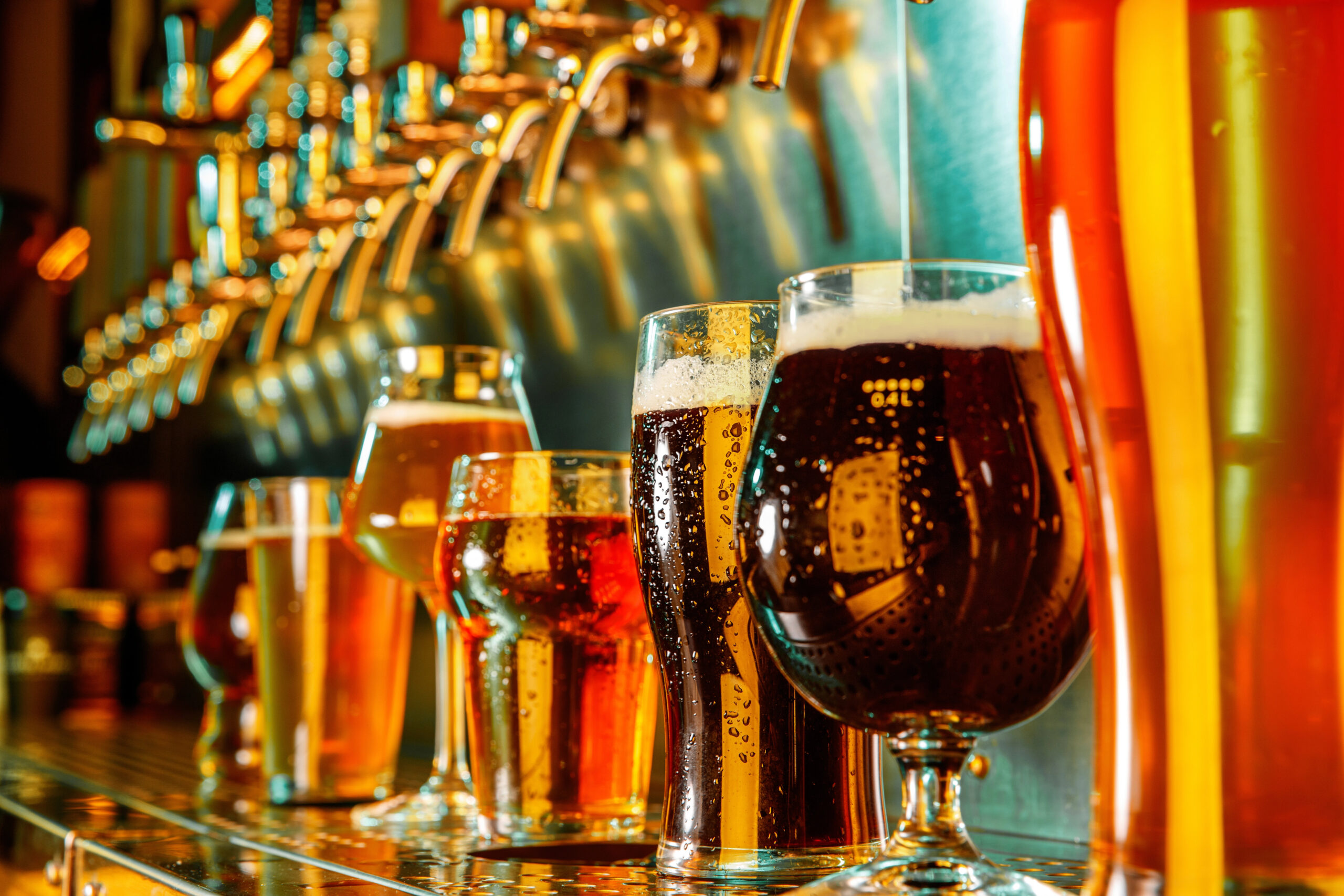Placed in the heart of Europe, Belgium features a rich brewing heritage that transcends mere beverage craftsmanship—it’s an art form steeped in history, culture, and a mosaic of flavors. Beer lovers around the globe recognize Belgium not just for its beer but specifically for its Belgian beer, and for the stories each brew tells. Embarking on a journey through Belgium’s beers unveils a world where tradition meets innovation, where centuries-old techniques harmonize with boundary-pushing styles. From the cobblestone streets of Brussels to the quaint villages dotted throughout the countryside, the passion for brewing is palpable. Visiting local breweries offers insights into the meticulous nature of Belgian brewing, revealing a culture that cherishes quality over quantity.
Lambic and Gueuze: Fermentation Magic
Belgium’s Lambic style represents a brewer’s ode to patience and tradition. Spontaneously fermented Belgian beer utilizes wild yeast strains unique to the Senne Valley, delivering a sour and dry taste that captivates the palate. The art of blending young and old Lambics to create Gueuze showcases the creativity of Belgian brewers. Gueuze undergoes bottle fermentation, resulting in a complex, effervescent, and tart profile that evolves over time, capturing the essence of Belgium’s brewing legacy. Notably, the flavors can range from earthy and funky to fruity and refreshing, making each bottle a unique experience. The process also reflects the local terroir, as the wild yeasts and microflora impart distinct characteristics that cannot be replicated elsewhere.
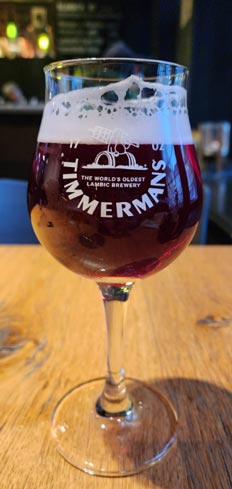
Flanders Ales: A Tapestry of Tartness
Flanders Ales, renowned for their complexity, epitomize the Belgian approach to brewing. These ales, particularly the red and brown variations, boast a characteristic sourness, often achieved through mixed fermentation and extended aging in wooden barrels. The result? A symphony of sweet, sour, and fruity notes dancing on the palate—a testament to Belgium’s dedication to craft. Many Flanders Ales also incorporate elements of oak aging, which can add layers of flavor, including hints of vanilla and spice. The brewing process often includes a unique blend of malt varieties, contributing to the distinctive color and taste of these ales.
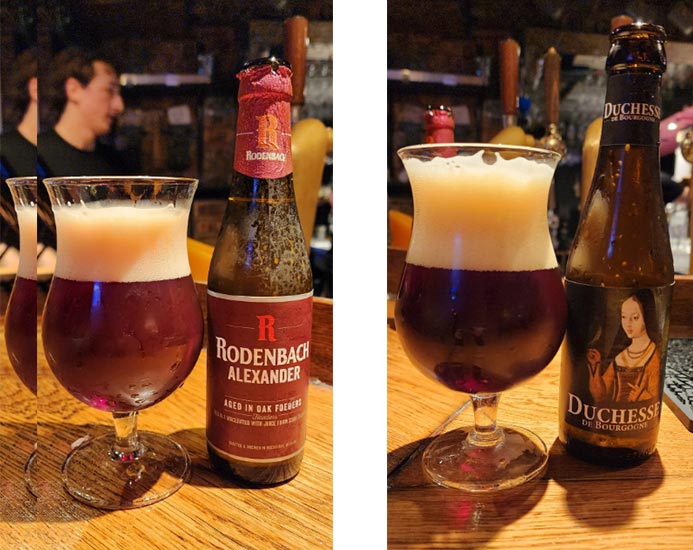
Dubbel and Tripel: Embodying Belgian Strength
Enter the world of Trappist ales with Dubbel and Tripel. With its rich maltiness and caramel undertones, Dubbel exudes a robust character, a nod to the monastic brewing traditions that have shaped Belgian beer. The deep mahogany color and complex flavor profile offer notes of dark fruit, toffee, and slight spiciness. Tripel, its stronger sibling, showcases a golden hue and higher alcohol content, boasting a complex interplay of fruity esters, spicy phenols, and a deceptively light body—a delightful harmony of strength and subtlety. Some Tripels are also brewed with a touch of sugar, enhancing their crispness and drinkability.
Trappist and Abbey Beers: Monastic Legacy and Devotion
Trappist beers, produced within Trappist monasteries under strict guidelines, reflect a commitment to tradition and quality. These brews, crafted by Trappist monks or under their supervision, include a range of styles—Dubbel, Tripel, Quadruple, and more. Each style offers a unique insight into the brewing philosophy of the monastery, often reflecting the local ingredients and traditional methods. Similarly, Abbey beers, inspired by monastic brewing traditions, are crafted in secular breweries, often paying homage to the rich heritage of Trappist brewing. The labels on many Abbey beers will often indicate their brewing heritage, emphasizing their connection to centuries of brewing expertise.
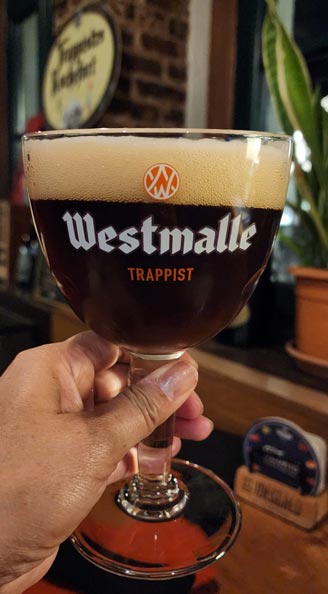
Blond Ale and Golden Strong: Shining Stars of Belgian Craftsmanship
Blond Ales, characterized by their paler hue and moderate body, offer a canvas for showcasing intricate brewing techniques. They often exude fruity esters with a subtle malt sweetness, creating an approachable yet flavorful experience. Craft brewers often experiment with various hop varieties, leading to unique flavor profiles that can range from floral to citrusy. On the other hand, Golden Strong Ales elevate the game with a higher alcohol content, a lighter body, and a spicy, fruity aroma—true exemplars of Belgium’s finesse in crafting more potent brews. These ales are often enjoyed as a refreshing option for warmer weather and can pair beautifully with a variety of foods, making them a versatile choice for beer enthusiasts.
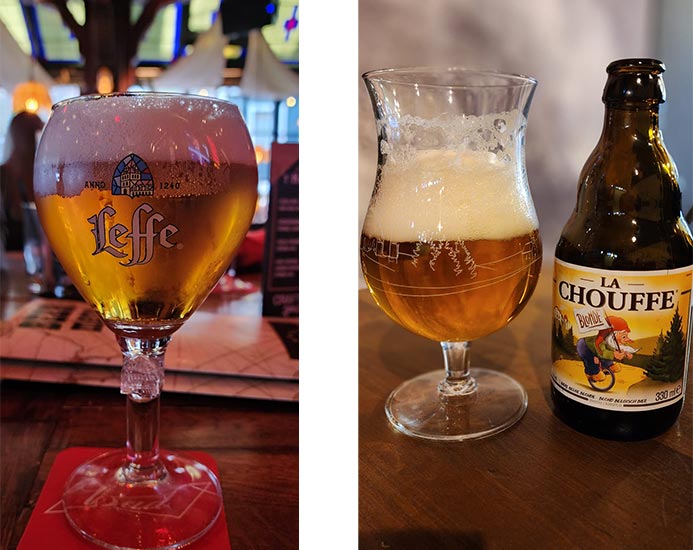
Saison: The Rustic Elegance
Saison, a farmhouse ale originating from Wallonia, embodies the rustic charm of Belgian brewing. Traditionally brewed in winter for consumption in the warmer months, Saisons boast a dry and peppery character, often accompanied by fruity and earthy notes. The use of farmhouse yeast contributes to the unique flavors, which can vary significantly from one brewery to another. This style’s versatility lends itself to experimentation, resulting in a spectrum of flavors within the Saison family. Some brewers even add spices or other botanicals, creating a dynamic drinking experience that reflects the creativity of Belgian brewers.

Witbier: The Hazy Gem
Rounding out the Belgian beer journey is Witbier, a cloudy, wheat-based ale seasoned with coriander and orange peel. Witbier offers a refreshing zestiness, a citrusy aroma, and a slightly tart taste, making it a quintessential Belgian style enjoyed during warmer seasons. The cloudy appearance of Witbier comes from the use of wheat and the brewing process, which leaves fine yeast particles in suspension. Additionally, the use of spices and fruit can vary widely among different brewers, leading to unique interpretations of this classic style. Whether enjoyed on a sunny terrace or paired with light dishes, Witbier remains a beloved choice among beer aficionados.

In conclusion, Belgium’s beer legacy extends far beyond its borders, drawing enthusiasts worldwide into diverse flavors, brewing traditions, and unyielding innovation. Each style of beer, from the sour complexities of Lambics to the nuanced strength of Dubbels and Tripels, invites connoisseurs and casual drinkers alike to savor the craftsmanship and heritage woven into Belgium’s celebrated brews. The country’s commitment to quality and tradition is evident in every sip, reflecting a brewing culture that respects its past while embracing the future. So, raise a glass and embark on a Belgian beer adventure—a journey through time, tradition, and a kaleidoscope of flavors that continues to evolve and inspire.
As you explore the vast world of Belgian beer, consider participating in local beer festivals. These events showcase a variety of styles and provide an opportunity to meet the brewers behind your favorite brews. Engaging with the local beer community can enhance your appreciation and understanding of the intricate brewing process. Additionally, many breweries offer tours where you can witness firsthand the dedication and skill that go into each batch of beer, further enriching your experience.
Cheers to the artistry of Belgian brewing, where each beer tells a story and every sip is a celebration of craftsmanship!
